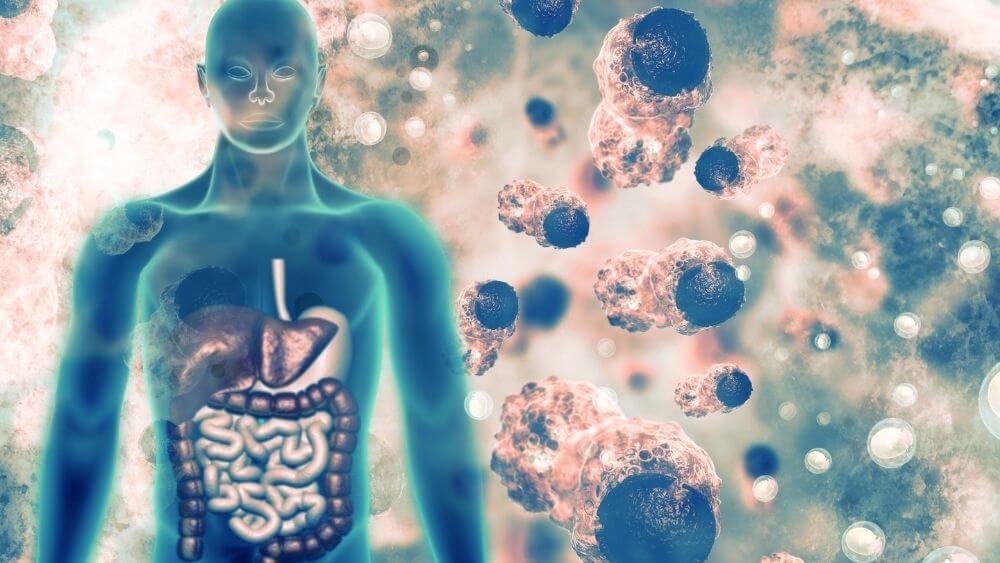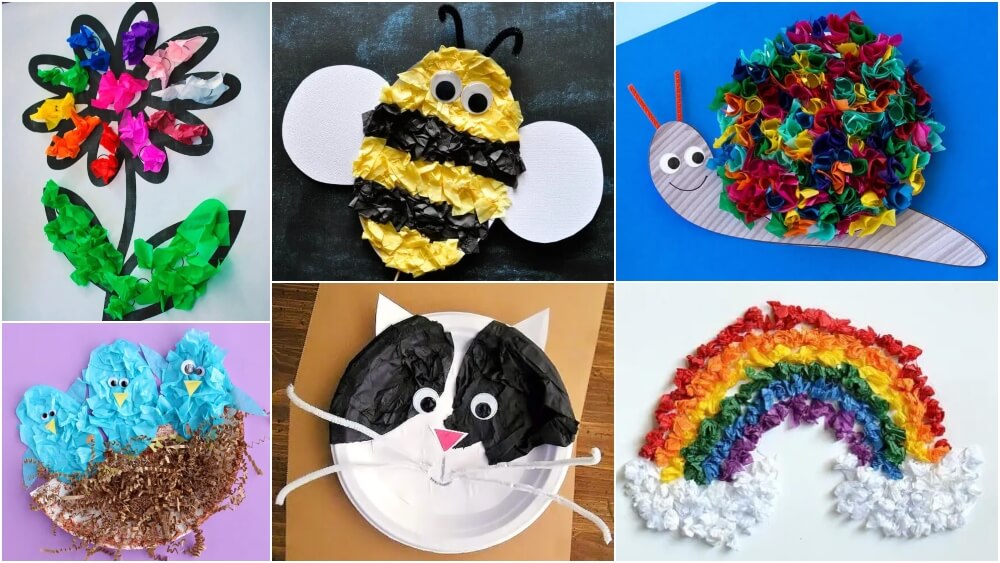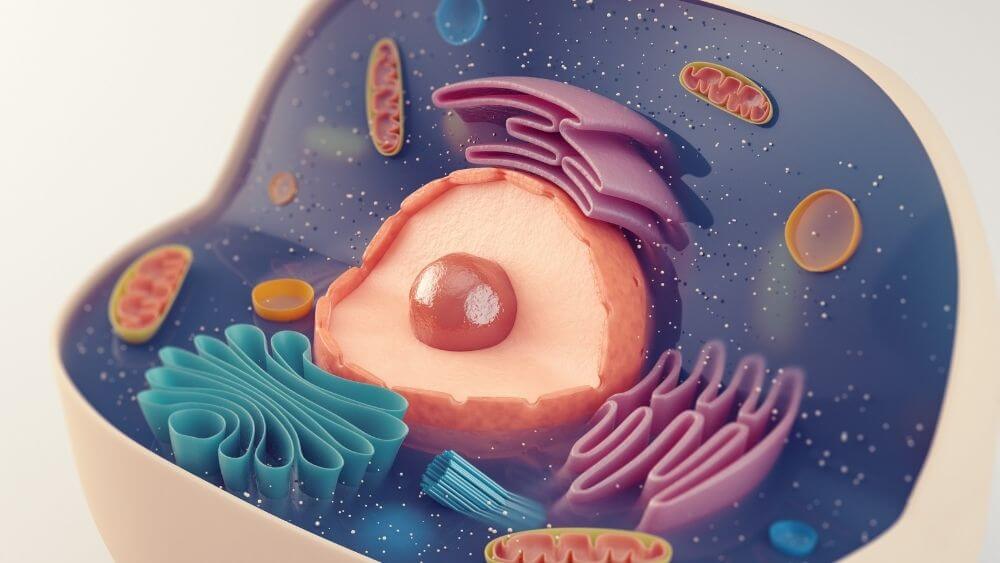Can my cells change jobs?

The Primary Unit of the Body: Cells
Every structural creation has a primary unit upon which it is based. In the case of human beings, the fundamental unit of the human body is the cell. And so it would be correct to state that our body is made up of a complex yet unique combination of cells, that help in the proper functioning of a human being.
Let’s learn some more about this very essential component of the human life form.
Contents
Understanding The Cell
Every living organism is made up of very basic units, called cells. By definition, the cell is the smallest unit of the structure of a living being, constituting the fundamental property of life.
Being the key unit of life, it is interesting to note that among such a huge multitude of life forms around us, there are as tiny organisms that are entirely made up of just one cell; and at the same time with the increase in the level of complexity of organisms, the cell count can be in the millions.
Types of Cells
There are 2 main types of cells in the living world. These are Prokaryotic and Eukaryotic Cells.
Prokaryotic cells are the most simple kind of cell that contain no well-defined nucleus or membrane-bound cellular organelles. They are comparatively smaller in size than eukaryotic cells. Bacteria are unicellular microorganisms and are an example of prokaryotic cells.
On the other hand, Eukaryotic cells are comparatively bigger in size, with a more complex level of structural arrangement. These have a well-defined nucleus as well as membrane-bound organelles allowing them to carry out numerous complex cellular and metabolic processes efficiently.
Cells in Human Beings
Human beings are made up of innumerable eukaryotic cells. Not only do they constitute the basic structure of the body, but they also help the body to absorb and gain nutrients from food, convert them into useful energy so as to be able to perform specified functions.
Cells in the human body have different shapes and sizes and are specified to undertake a different function each. But, there are some cells that perform similar functions, and hence are grouped together so as to form a specialised tissue. For example, the skin and muscle tissues are in actuality clusters of cells performing a similar job.
Where are the Cells Made?
There are different kinds of cells in the human body, and each of them has equal importance in terms of the well-being of the body. Hence, there are different sites of cell production in the human body. However, the most important cell in human beings, i.e. the Stem Cell are found inside the bone marrow of an individual.
Can the Cells Change their Jobs?
This is only possible in the case of stem cell. These are the only kind of cells that can permanently change their characteristic property to become another cell.
In the stage of an embryo, these stem cells can change and alter to any type of cell possible. However, the situation is different for adult stem cells that are very restricted in their function and can only give rise to certain cell types.
Stem cells in adult human beings are formed inside their bone marrow. Over here, these can multiply or divide themselves to make copies of themselves, and then begin changing into an altogether new type of cell.
Fun Facts
- An ostrich egg is the largest single cell in the world, weighing around 1.4 kilograms(about twenty times the weight of a chicken egg)!
- A human being can have about 200 different types of cells!
Related questions
Some related questions to this topic.
- How can cells divide themselves?
- What is a stem-cell bank?
- What are the other sites where cells are formed in the human body?
Objective Quiz
Here are some questions you’d like to answer to test your knowledge.
Cells with no nucleus are called:
- Prokaryotic
- Eukaryotic
- Unicellular
- Multicellular
The process of cell division is called:
- Mitosis
- Transplant
- None of the above
Adult stem cells are present in :
- Blood
- Brain
- Bone Marrow
- Heart
Cells can:
- divide themselves
- multiply in number
- grow in size
- all of the above
The cell is the:
- basic unit of life
- cluster of body tissues
- none of the above
True Or False
- Human beings are multicellular. (True/False)
- Adult stem cell can convert itself into any kind. (True/False)
- Bone marrow is the site of stem cell formation. (True/False)
- No two cells can perform same function. (True/False)
- Bacteria are Prokaryotic. (True/False)






Responses